
Tabora: The Hidden Gem of Tanzania
Nestled in the western part of Tanzania, Tabora is a city rich in history and culture. Once a vital stop along the Central Line railway, this city has retained much of its old-world charm. Walking through its streets, visitors can feel the echoes of its vibrant past as a bustling trade center for ivory and slaves during the 19th century. The architectural remnants from the German colonial era add a unique flavor to the city's landscape, making it a fascinating destination for history enthusiasts. Tabora is not just about its history; it is also a gateway to Tanzania's stunning natural beauty. The surrounding countryside is dotted with lush forests and picturesque villages, offering a serene escape from the hustle and bustle of modern life. The region's traditional music and dance performances are a must-see, providing an immersive experience into the local culture. Additionally, the city's markets are a sensory delight, where you can find everything from handmade crafts to fresh local produce. Food lovers will find Tabora to be a culinary treasure trove. The city's cuisine is a delightful mix of African, Arab, and European influences. Be sure to try the local specialties like 'ugali' and 'nyama choma,' which will give you a true taste of Tanzanian flavors. Whether you are a history buff, a nature lover, or a foodie, Tabora offers a unique and enriching experience that will leave you with lasting memories.
Local tips in Tabora
- Visit the Tabora Railway Station for a glimpse of the city's colonial past.
- Take a guided tour to learn about the history of the Nyamwezi people.
- Try the local delicacy 'ugali' at a traditional restaurant.
- Explore the nearby forests and villages for an authentic rural experience.
- Attend a local music and dance performance to immerse yourself in the culture.
- Shop at the central market for unique handmade crafts and souvenirs.
Tabora: The Hidden Gem of Tanzania
Nestled in the western part of Tanzania, Tabora is a city rich in history and culture. Once a vital stop along the Central Line railway, this city has retained much of its old-world charm. Walking through its streets, visitors can feel the echoes of its vibrant past as a bustling trade center for ivory and slaves during the 19th century. The architectural remnants from the German colonial era add a unique flavor to the city's landscape, making it a fascinating destination for history enthusiasts. Tabora is not just about its history; it is also a gateway to Tanzania's stunning natural beauty. The surrounding countryside is dotted with lush forests and picturesque villages, offering a serene escape from the hustle and bustle of modern life. The region's traditional music and dance performances are a must-see, providing an immersive experience into the local culture. Additionally, the city's markets are a sensory delight, where you can find everything from handmade crafts to fresh local produce. Food lovers will find Tabora to be a culinary treasure trove. The city's cuisine is a delightful mix of African, Arab, and European influences. Be sure to try the local specialties like 'ugali' and 'nyama choma,' which will give you a true taste of Tanzanian flavors. Whether you are a history buff, a nature lover, or a foodie, Tabora offers a unique and enriching experience that will leave you with lasting memories.
When is the best time to go to Tabora?
Iconic landmarks you can’t miss
Oxygen Lounge & Bar
Experience the vibrant nightlife of Tabora at Oxygen Lounge & Bar, where refreshing drinks and great company await you.
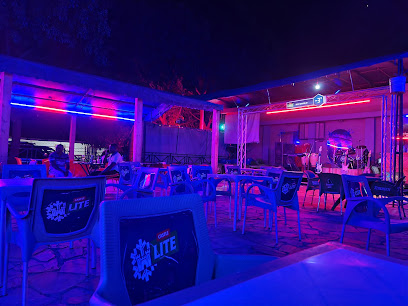
Ristalemi Hotel
Discover the charm of Ristalemi Hotel in Kanyenye, Tabora, where comfort meets local culture for a memorable stay.
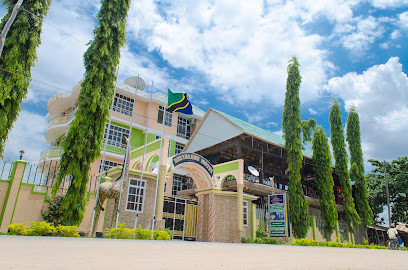
Tabora Belmonte Hotel
Experience the heart of Tabora at Tabora Belmonte Hotel, blending comfort, culture, and convenience for an unforgettable stay in Tanzania.

Orion Tabora Hotel
Discover comfort and convenience at Orion Tabora Hotel, your ideal base for exploring the vibrant culture and history of Tabora, Tanzania.
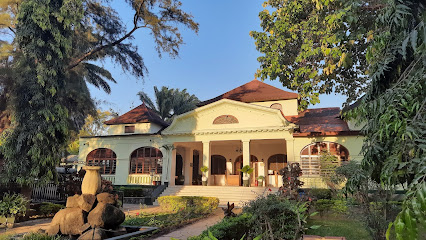
Mayor's Restaurant
Experience the best of Tabora's culinary scene at Mayor's Restaurant, where local flavors meet international cuisine in a vibrant atmosphere.
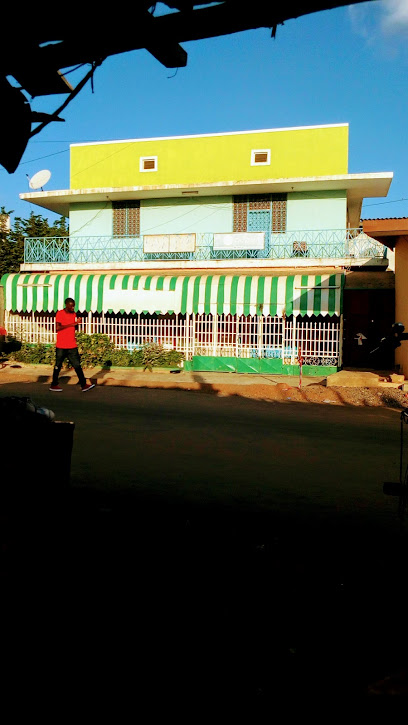
Ali Hassan Mwinyi Stadium
Discover the excitement of sports and community culture at Ali Hassan Mwinyi Stadium in Tabora, Tanzania - a must-visit destination for all travelers.
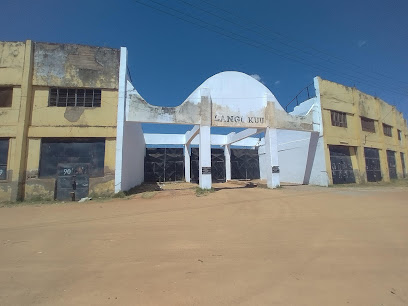
JB Series Hotel
Discover comfort and local charm at JB Series Hotel in Tabora, your gateway to exploring the beauty of Tanzania.
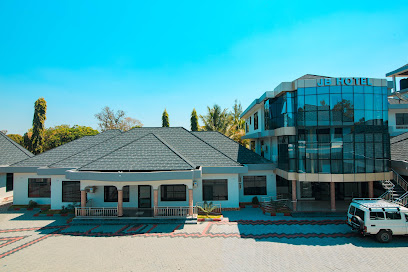
Frankman hotel
Discover comfort and convenience at Frankman Hotel, your ideal extended stay accommodation in the vibrant city of Tabora, Tanzania, with easy access to local attractions.

Police Football Ground
Discover the vibrant soccer culture at Police Football Ground in Tabora, where local passion for the game comes alive in every match.
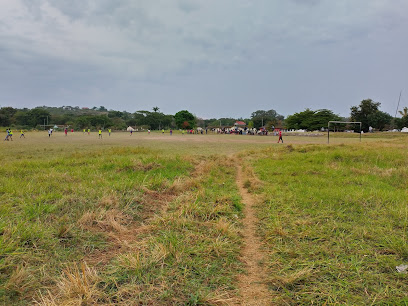
Tabora Boys High School
Explore the historical significance and educational excellence of Tabora Boys High School, a key landmark in Tanzania's educational landscape.
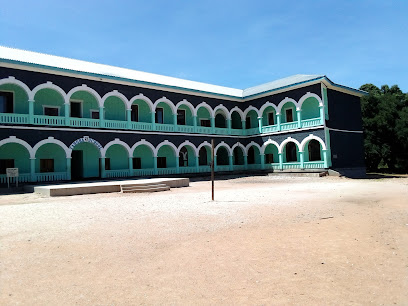
David Livingstone Museum
Discover the legacy of David Livingstone at this fascinating museum in Tabora, Tanzania, showcasing his adventurous explorations and cultural impact.
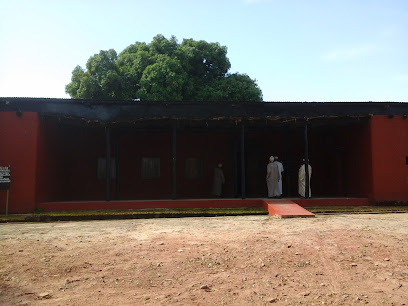
Vita Stadium
Immerse yourself in the vibrant sports culture of Tabora at Vita Stadium, where local passion meets thrilling live events.

AIC TABORA PASTORATE CHURCH
Discover the spiritual and cultural essence of Tabora at the AIC Tabora Pastorate Church, a welcoming community hub and architectural gem.
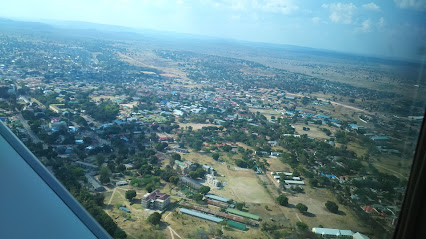
Wadadu Grocery
Experience the vibrant flavors and warm hospitality of Wadadu Grocery, a cultural gem in the heart of Tabora, Tanzania, perfect for every traveler.
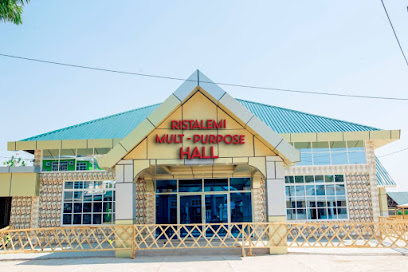
JM Hotel Tabora
Experience comfort and convenience at JM Hotel Tabora, your perfect base for exploring the rich culture and history of Tanzania.
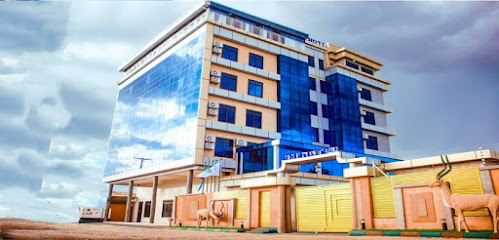
Unmissable attractions to see
David Livingstone Museum
Unveil the rich history of David Livingstone and explore Tanzania's cultural heritage at the David Livingstone Museum in Tabora.
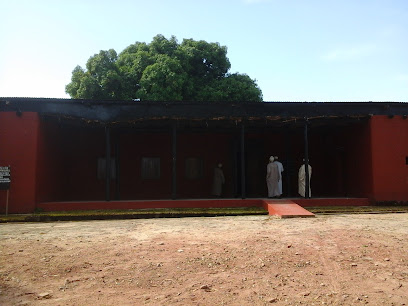
Tabora park
Discover the enchanting wildlife and serene environment at Tabora Park, a captivating zoo in the heart of Tabora, Tanzania.
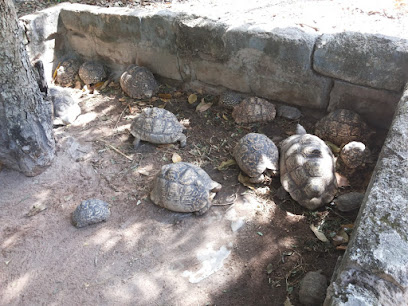
Tabora City Zoo
Explore the captivating Tabora City Zoo, where wildlife and education come together in a beautiful setting, perfect for families and nature lovers alike.
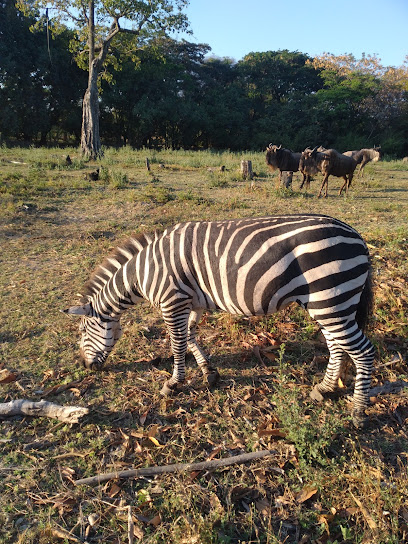
German Boma
Discover the German Boma in Tabora, a historical fortress that highlights Tanzania's colonial heritage and architectural charm, perfect for history enthusiasts.

Essential places to dine
Oxygen Lounge & Bar
Discover the vibrant nightlife at Oxygen Lounge & Bar in Tabora - where refreshing drinks meet lively entertainment.
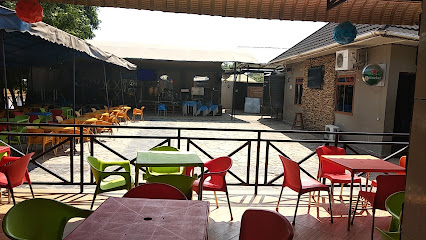
Mayor's Restaurant
Experience authentic Tanzanian flavors at Mayor's Restaurant in Tabora - where every dish tells a story.
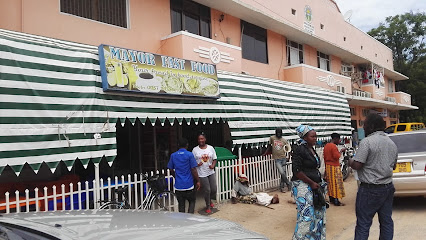
Nazareth Canteen Fastfood
Discover local flavors at Nazareth Canteen Fastfood in Tabora - where quick bites meet traditional tastes!
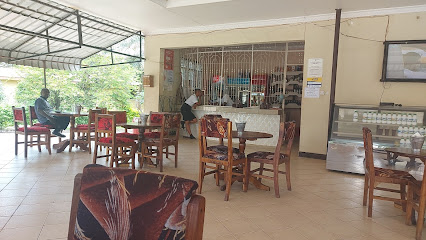
Club Inferno
Experience Tabora's nightlife at Club Inferno - where locals and tourists unite over great drinks and unforgettable memories.
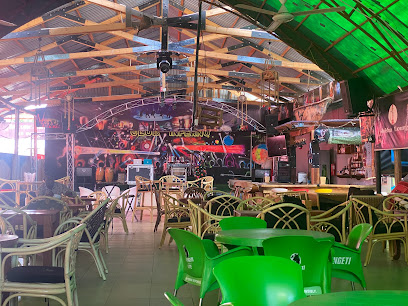
JB Series Hotel
Discover exquisite dining at JB Series Hotel in Tabora – where local flavors meet international cuisine in a vibrant setting.
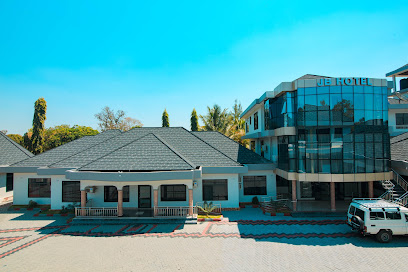
JM Hotel
Discover comfort and local charm at JM Hotel in Tabora - your perfect base for exploring Tanzania's rich culture.
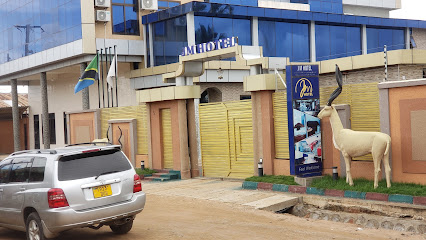
JD Lodge, Kanyenye Street, TABORA
Discover authentic Tanzanian flavors at JD Lodge in Tabora – where every meal tells a story.
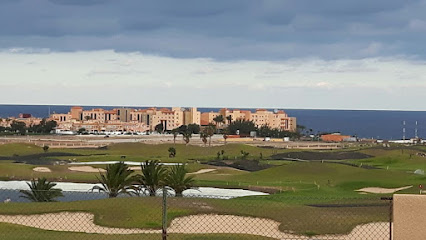
Tabora Police Officers Mess & Pub
Discover local flavors and vibrant nightlife at Tabora Police Officers Mess & Pub - a must-visit destination in Tanzania.
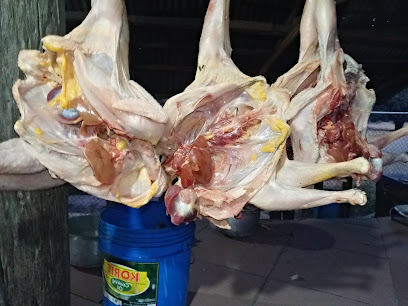
Larkspur Lodge & Bar
Experience comfort and vibrant nightlife at Larkspur Lodge & Bar in Tabora - your gateway to local culture and relaxation.
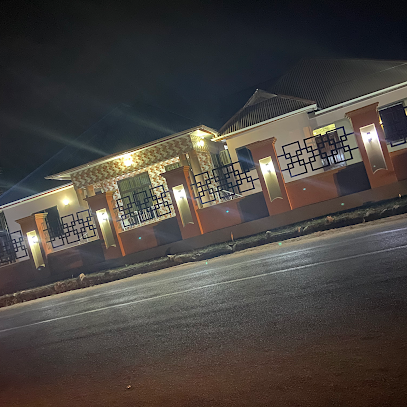
Mboga Saba Restaurant
Experience authentic Tanzanian flavors at Mboga Saba Restaurant in Tabora – where every dish tells a story.
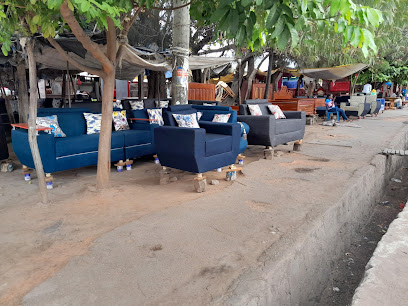
Blis lounge
Experience the vibrant atmosphere and exquisite drinks at Blis Lounge in Tabora—your go-to destination for relaxation and entertainment.
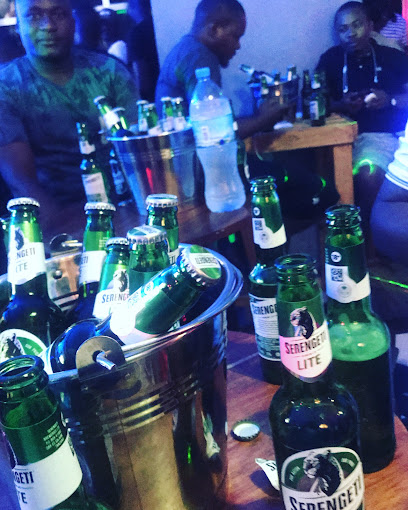
Terrace Point
Discover the electrifying atmosphere at Terrace Point in Tabora - where vibrant nightlife meets unforgettable experiences.
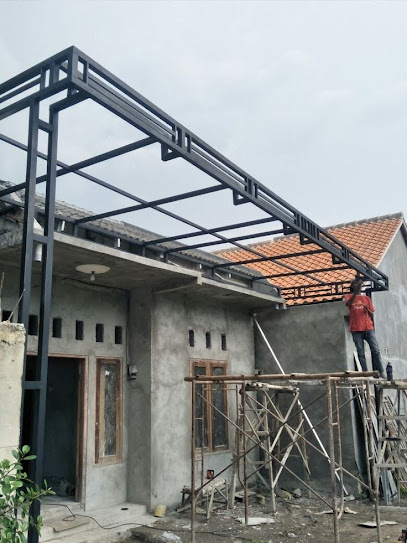
Mama Collin Restaurant
Experience authentic Tanzanian cuisine at Mama Collin Restaurant in Ipuli—where flavors meet tradition in every dish.
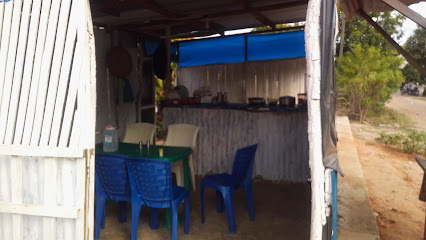
Gamalo food
Experience authentic Tanzanian flavors at Gamalo Food in Tabora – where every dish tells a story.
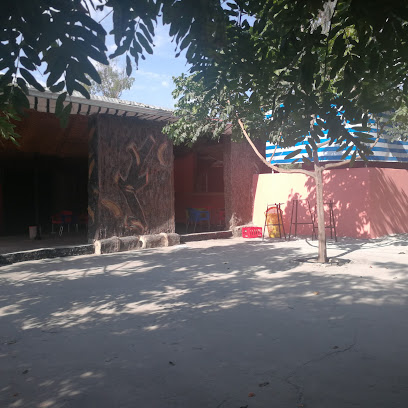
Tifa Hotel
Experience authentic Tanzanian cuisine at Tifa Hotel in Tabora – where local flavors meet warm hospitality.
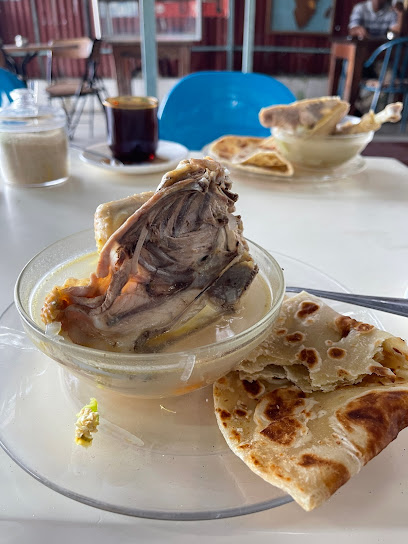
Markets, malls and hidden boutiques
Amory Supermarket
Discover the vibrant Amory Supermarket in Tabora, where local flavors, unique crafts, and a lively atmosphere await every visitor.
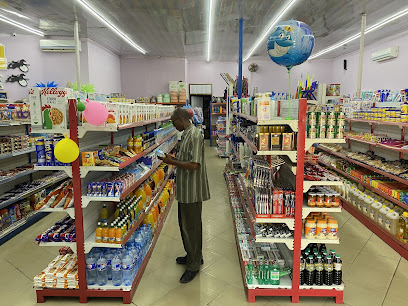
LULE grains store
Explore quality home goods at LULE Grains Store in Tabora, where local craftsmanship meets vibrant culture.
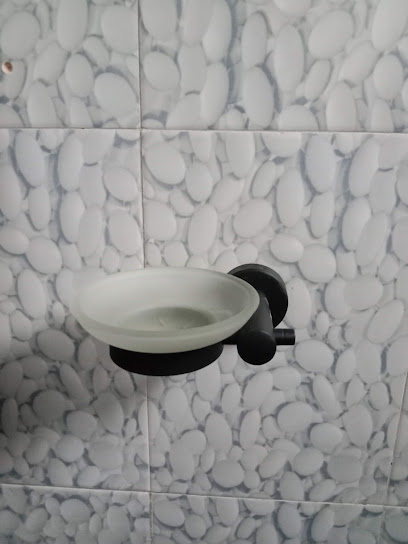
MSOGOTI SHOP
Experience the vibrant shopping scene at MSOGOTI SHOP in Tabora, where local culture meets unique finds and delicious cuisine.

Dream Liquor Store
Explore local flavors and beverages at Dream Liquor Store in Tabora, offering a unique selection for every taste and occasion.
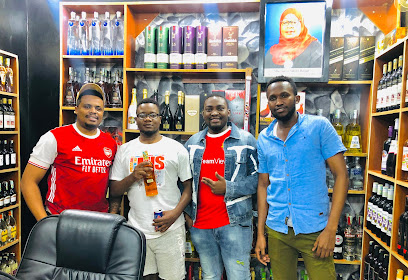
Kupenga Shop
Explore the vibrant local culture and unique offerings at Kupenga Shop in Tabora, your destination for authentic shopping and memorable souvenirs.
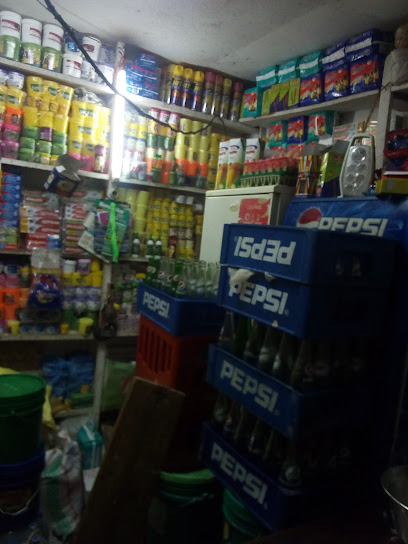
Abui Vitambaa Shop
Discover the vibrant textiles and unique clothing of Tanzania at Abui Vitambaa Shop in Tabora – a must-visit for cultural souvenirs.
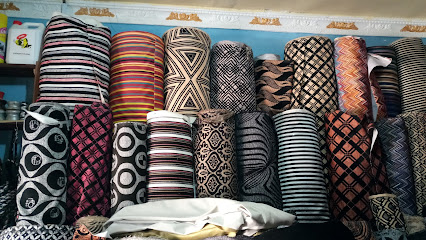
SARONGA SHOP
Explore Saronga Shop in Tabora for a unique selection of local and international beverages, perfect for any occasion.
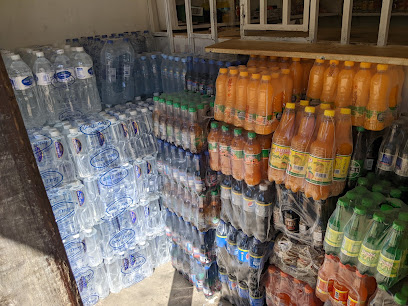
SOS PRODUCTS
Indulge in the finest cakes at SOS Products, a charming cake shop in Tabora, Tanzania, showcasing exquisite flavors and delightful treats.
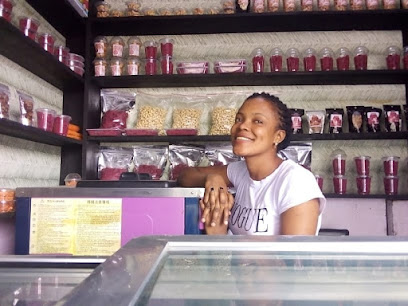
Guru Media Tabora
Explore the vibrant offerings at Guru Media Tabora, the premier stationery store in Tabora, Tanzania, perfect for all your creative needs.

Kenwan Store
Explore Kenwan Store, a bustling shopping mall in Tabora, Tanzania, offering a rich blend of local crafts, modern shops, and delicious cuisine.
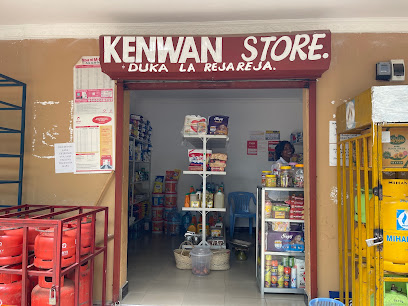
Big Playstation
Explore the ultimate gaming experience at Big Playstation, Tabora's top video game store with the latest games and a vibrant community.
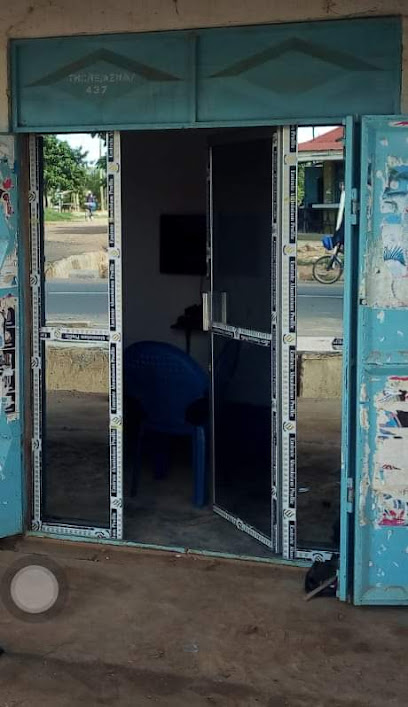
Tabora Mart
Discover the vibrant shopping experience at Tabora Mart, where local culture meets modern retail in the heart of Tabora, Tanzania.

Lello's Traders
Explore the rich culture and craftsmanship at Lello's Traders in Tabora, Tanzania, a must-visit store for unique local treasures.

Becka Games
Explore Becka Games in Tabora for an unforgettable gaming experience with a vast selection of video and board games.
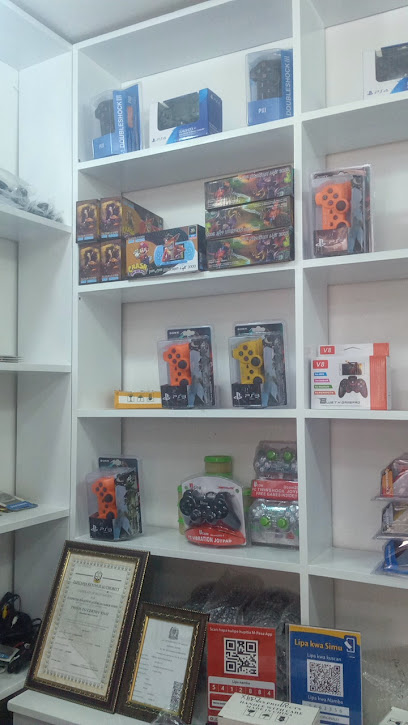
Premier sports company
Discover the vibrant world of sportswear at Premier Sports Company in Tabora, where quality meets passion for an active lifestyle.

Essential bars & hidden hideouts
Oxygen Lounge & Bar
Experience the vibrant nightlife of Tabora at Oxygen Lounge & Bar, where refreshing cocktails and lively music create the perfect evening escape.
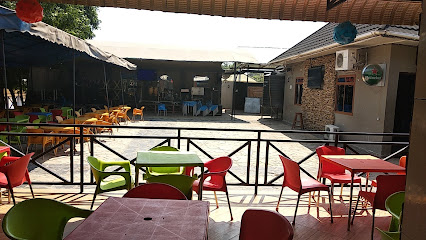
Club Inferno
Discover the lively spirit of Tabora at Club Inferno, where vibrant nightlife and welcoming ambiance create unforgettable experiences.
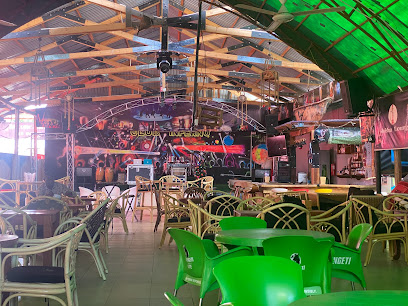
Tabora Police Officers Mess & Pub
Discover the local charm of Tabora at the Police Officers Mess & Pub, a cozy bar with refreshing drinks and a vibrant social scene.
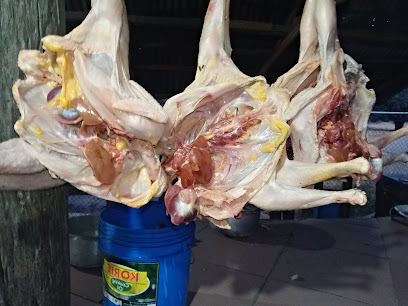
New Zebra Bar
Discover the vibrant nightlife at New Zebra Bar in Tabora, where friendly vibes and affordable drinks await you in a lively setting.
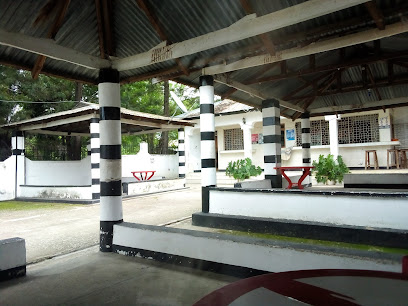
Blis lounge
Discover Blis Lounge in Tabora – a vibrant spot for drinks, relaxation, and socializing in a cozy atmosphere.
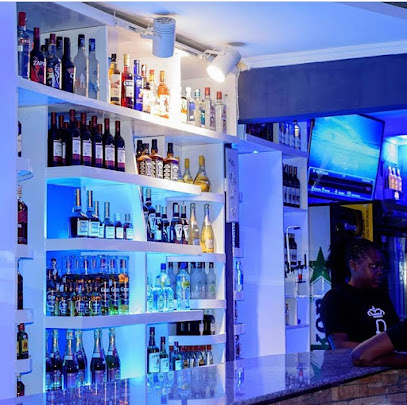
Mboka Pub
Discover the vibrant nightlife at Mboka Pub in Tabora, where local flavor meets a welcoming atmosphere.
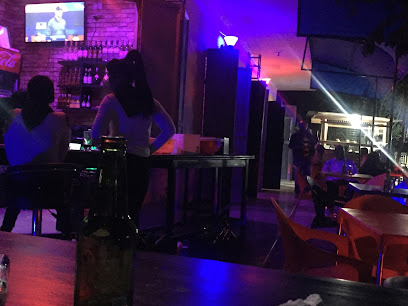
Terrace Point
Discover the vibrant nightlife of Tabora at Terrace Point, a premier night club offering great music, drinks, and an unforgettable atmosphere.
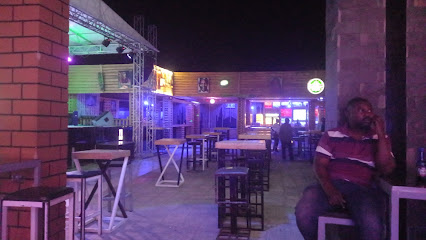
Zero Bar
Discover the lively Zero Bar in Tabora, Tanzania, where vibrant nightlife meets local culture in a relaxing atmosphere.

Vegas Bar
Discover the lively nightlife at Vegas Bar in Tabora, where refreshing drinks, local culture, and vibrant ambiance await every visitor.
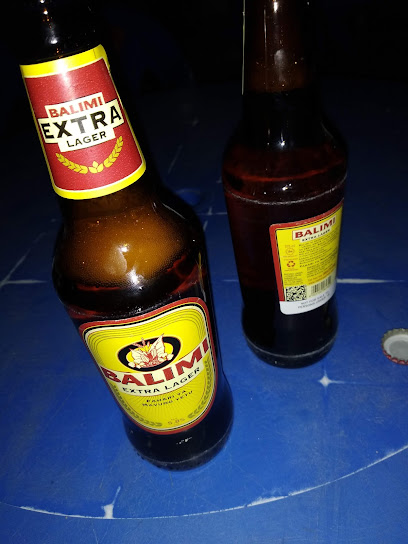
CHIOMA FOOD AND LOUNGE
Discover the lively Chioma Food and Lounge in Tabora, where delicious cuisine meets vibrant nightlife in the heart of Tanzania.
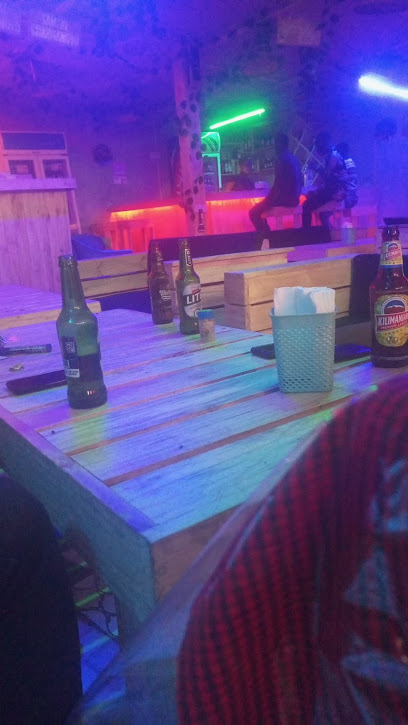
Madili Pub
Discover the lively charm of Madili Pub in Tabora, where local culture meets affordable drinks and unforgettable experiences.

G Pub
Experience the lively atmosphere of G Pub in Tabora, Tanzania, a perfect blend of local culture and vibrant nightlife.
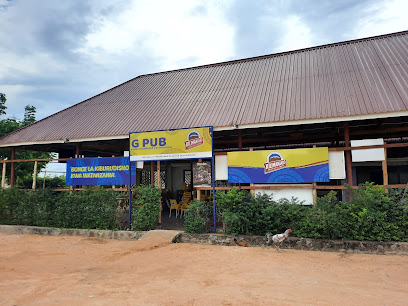
White horse pub
Experience the vibrant local culture at the White Horse Pub in Tabora, a perfect blend of enjoyment and relaxation for every traveler.
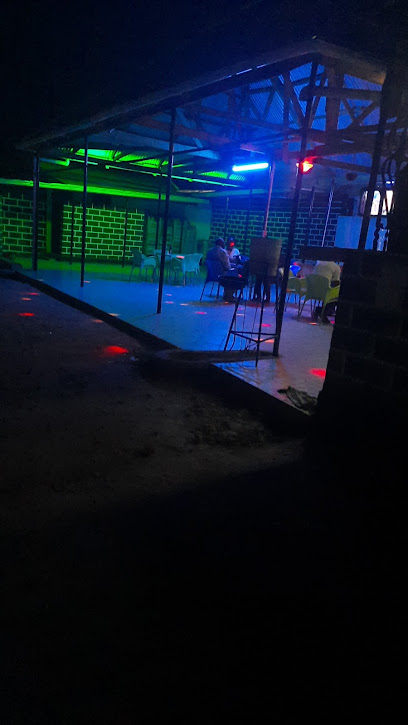
New Friendship Pub
Experience the local charm and vibrant atmosphere at New Friendship Pub in Tabora, a perfect spot to unwind and connect with locals.

River Nile Bar
Discover the lively River Nile Bar in Tabora, where refreshing drinks and a vibrant atmosphere await every traveler seeking relaxation and fun.

Local Phrases
-
- HelloShikamoo
[shee-kah-moh] - GoodbyeKwaheri
[kwa-heh-ree] - YesNdio
[nn-dee-oh] - NoHapana
[hah-pah-nah] - Please/You're welcomeTafadhali
[tah-fah-dah-lee] - Thank youAsante
[ah-sahn-teh] - Excuse me/SorrySamahani
[sah-mah-hah-nee] - How are you?U hali gani?
[oo hah-lee gah-nee] - Fine. And you?Nzuri. Na wewe?
[nzoo-ree. nah weh-weh] - Do you speak English?Unasema Kiingereza?
[oo-nah-seh-mah kee-een-geh-reh-zah] - I don't understandSielewi
[see-leh-wee]
- HelloShikamoo
-
- I'd like to see the menu, pleaseNingependa kuona menyu, tafadhali
[nin-geh-pen-dah koo-oh-nah meh-nyoo, tah-fah-dah-lee] - I don't eat meatSili nyama
[see-lee-nyah-mah] - Cheers!Kwa afya!
[kwa ah-fyah] - I would like to pay, pleaseNingependa kulipa, tafadhali
[nin-geh-pen-dah koo-lee-pah, tah-fah-dah-lee]
- I'd like to see the menu, pleaseNingependa kuona menyu, tafadhali
-
- Help!Msaada!
[m-sah-ah-dah] - Go away!Nenda zako!
[nen-dah zah-koh] - Call the Police!Piga simu polisi!
[pee-gah see-moo poh-lee-see] - Call a doctor!Piga simu daktari!
[pee-gah see-moo dah-k-tah-ree] - I'm lostNimepotea
[nee-meh-poh-teh-ah] - I'm illNinaumwa
[nee-nah-oom-wah]
- Help!Msaada!
-
- I'd like to buy...Ningependa kununua...
[nin-geh-pen-dah koo-noo-noo-ah] - I'm just lookingNatazama tu
[nah-tah-zah-mah too] - How much is it?Bei ni kiasi gani?
[beh-ee nee kee-ah-see gah-nee] - That's too expensiveHii ni ghali sana
[hee nee gah-lee sah-nah] - Can you lower the price?Unaweza kupunguza bei?
[oo-nah-weh-zah koo-poon-goo-zah beh-ee]
- I'd like to buy...Ningependa kununua...
-
- What time is it?Saa ngapi?
[sah-ah ngah-pee] - It's one o'clockNi saa moja
[nee sah-ah moh-jah] - Half past (10)Saa kumi na nusu
[sah-ah koo-mee nah noo-soo] - MorningAsubuhi
[ah-soo-boo-hee] - AfternoonMchana
[m-chah-nah] - EveningJioni
[joh-ee-nee] - YesterdayJana
[jah-nah] - TodayLeo
[leh-oh] - TomorrowKesho
[keh-shoh] - 1Moja
[moh-jah] - 2Mbili
[mm-bee-lee] - 3Tatu
[tah-too] - 4Nne
[nn-neh] - 5Tano
[tah-noh] - 6Sita
[see-tah] - 7Saba
[sah-bah] - 8Nane
[nah-neh] - 9Tisa
[tee-sah] - 10Kumi
[koo-mee]
- What time is it?Saa ngapi?
-
- Where's a/the...?Iko wapi...?
[ee-koh wah-pee] - What's the address?Anwani ni ipi?
[ah-nwah-nee nee ee-pee] - Can you show me (on the map)?Unaweza kunionyesha (kwenye ramani)?
[oo-nah-weh-zah koo-nee-oh-nyeh-shah kweh-neh rah-mah-nee] - When's the next (bus)?Basi la pili ni saa ngapi?
[bah-see lah pee-lee nee sah-ah ngah-pee] - A ticket (to ....)Tiketi (kwenda ....)
[tee-keh-tee (kwen-dah)]
- Where's a/the...?Iko wapi...?
History of Tabora
-
Tabora, located in the western part of Tanzania, has a rich history that dates back to early settlements by indigenous tribes such as the Nyamwezi people. The Nyamwezi are known for their agricultural skills and long-distance trade networks, which played a significant role in the economic and cultural development of the region.
-
In the 19th century, Tabora became a crucial hub in the Arab trade routes, often referred to as the 'Arab Trade Era'. The town's strategic location made it a vital stop for caravans transporting goods, including ivory and slaves, to and from the interior of Africa. This period saw an influx of Arab traders, who influenced the local culture, including architecture and culinary traditions.
-
In the late 19th century, Tabora fell under German colonial rule. The Germans established administrative posts and built infrastructure, including the Central Line railway, which connected Tabora to the rest of Tanzania and facilitated further economic activities. This era also saw the introduction of new agricultural practices and crops by the colonizers.
-
During World War I, Tabora was a strategic location and witnessed several military engagements. In 1916, Belgian forces captured the town from the Germans, marking a significant event in the region's history. The Belgian occupation was brief but left a lasting impact on the local administrative and social systems.
-
After World War I, Tabora came under British mandate as part of the Tanganyika Territory. The British continued to develop the town's infrastructure and educational institutions. Tabora played a role in the country's journey towards independence, which was achieved in 1961. The town has since evolved into an important administrative and commercial center in the region.
-
Tabora is renowned for its vibrant cultural heritage, deeply rooted in the traditions of the Nyamwezi people. The town hosts several cultural festivals throughout the year, celebrating music, dance, and traditional crafts. One notable event is the Unyamwezi Festival, which showcases the rich cultural tapestry of the region and attracts visitors from across Tanzania and beyond.
-
Today, Tabora is a bustling town that blends historical charm with modern amenities. It serves as a key economic hub in central Tanzania, with a focus on agriculture, trade, and education. The town's historical sites, such as the old German Boma and the Tabora Railway Station, offer a glimpse into its storied past while highlighting its ongoing growth and development.
Tabora Essentials
-
Tabora is accessible by air and land. The town is served by Tabora Airport (TBO), which has daily flights from Dar es Salaam, the largest city in Tanzania. Alternatively, you can take a bus from major cities like Dar es Salaam, Dodoma, or Mwanza. The bus journey can be long, typically taking 12-14 hours from Dar es Salaam. Trains also connect Tabora with Dar es Salaam and Kigoma, offering a scenic but slower travel option.
-
Within Tabora, transportation options include taxis, boda-bodas (motorcycle taxis), and daladalas (minibuses). Taxis are a convenient but more expensive option, while daladalas and boda-bodas are cheaper but can be crowded and less comfortable. If you prefer more freedom, you can rent a car, but be prepared for varying road conditions.
-
The official currency in Tanzania is the Tanzanian Shilling (TZS). Credit cards are accepted in some hotels, restaurants, and larger shops, but it is advisable to carry cash for smaller establishments. ATMs are available in Tabora, but they might not always be reliable, so it's wise to carry some cash with you.
-
Tabora is generally a safe destination for tourists, but standard precautions should be taken. Avoid walking alone at night, especially in poorly lit areas. Petty crimes like pickpocketing can occur in crowded places. Areas such as the central market and bus stations can be hotspots for such activities. Always keep an eye on your belongings.
-
In case of emergencies, dial 112 for police assistance or 115 for medical emergencies. The main hospital in Tabora is Kitete Regional Hospital, which provides basic medical services. It is advisable to have travel insurance that covers medical emergencies. Pharmacies are available for minor health issues, but they may not stock all medications, so bring any essential prescriptions with you.
-
Fashion: Do dress modestly, especially in rural areas and when visiting religious sites. Avoid wearing revealing clothing. Religion: Do respect local customs and traditions. When visiting a mosque or church, dress conservatively and remove your shoes. Public Transport: Do be respectful and patient. Buses and daladalas can be crowded and operate on their own schedules. Greetings: Do greet people with a handshake. Use your right hand as the left hand is considered unclean. Eating & Drinking: Do try local dishes and accept invitations to eat with locals. Don't eat or drink in public during the fasting month of Ramadan, as it is considered disrespectful.
-
To experience Tabora like a local, visit the local markets such as the central market where you can buy fresh produce and traditional goods. Engage with locals, who are often friendly and willing to share stories about the town's history and culture. Don't miss visiting the historical sites like the Livingstone Museum and the German Boma. For a unique experience, spend an evening at the local bars and eateries to enjoy traditional Tanzanian cuisine and music.
Trending Landmark in Tabora
Nearby Cities to Tabora
-
Things To Do in Singida
-
Things To Do in Mwanza
-
Things To Do in Dodoma
-
Things To Do in Kigoma
-
Things To Do in Gitega
-
Things To Do in Muyinga
-
Things To Do in Bururi
-
Things To Do in Rumonge
-
Things To Do in Muramvya
-
Things To Do in Kirundo
-
Things To Do in Ngozi
-
Things To Do in Kayanza
-
Things To Do in Bujumbura
-
Things To Do in Bukoba
-
Things To Do in Nyamata








